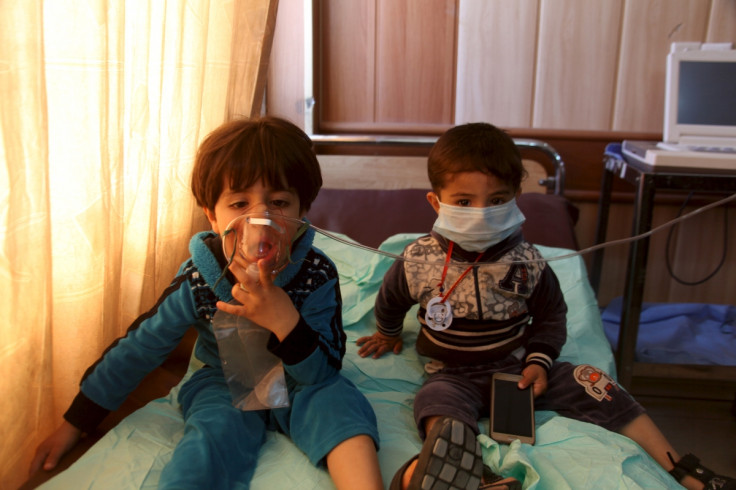War on Isis: Intelligence from Daesh commander triggered US strikes against chemical weapons sites

Intelligence from a captured Daesh chemical arms specialist triggered two recent US airstrikes against toxic weapons sites operated by Isis, the US Department of Defense has said.
Iraqi Sleiman Daoud al-Afari was captured in February by members of an elite US Special Operations force, and is in American custody in northern Iraq.
He is a "significant operative" in Isis's chemical weapons programme and once worked for Saddam Hussein at the Military Industrialization Authority that developed chemical and biological weapons.
Afari's capture has made it possible for the US to learn details of the Islamic State's chemical weapons capabilities and plans.
Afari told his interrogators that Isis has the ability to weaponise sulphur mustard gas by loading it into artillery shells, officials told the New York Times.
Based on the intelligence Afari provided, the US launched an airstrike against an Isis chemical weapons production plant in Mosul in Iraq, and another against a "tactical unit" near Mosul believed to be part of the operation, the Times reported.
The Pentagon refused to comment officially on Afari's capture, or even to acknowledge it, in order to keep the activities of the American Special Operations Team secret.
"We know they have used chemical weapons in both Iraq and Syria," Pentagon spokesman Captain Jeff Davis told the Times, referring to Isis. "This is a group that does not observe international norms."
Dozens of people in the northern Iraqi town of Taza suffered from respiratory and skin irritations after a mortar and rocket barrage there on 9 March by Islamic State militants, in what local officials said was a chemical attack.
Forty victims, four critically ill, have been transferred to a local hospital.
Isis has been bombarding the area around Taza for at least three months, but the latest operation was the first time a chemical attack on the village was suspected, according to a local official.
© Copyright IBTimes 2025. All rights reserved.






















